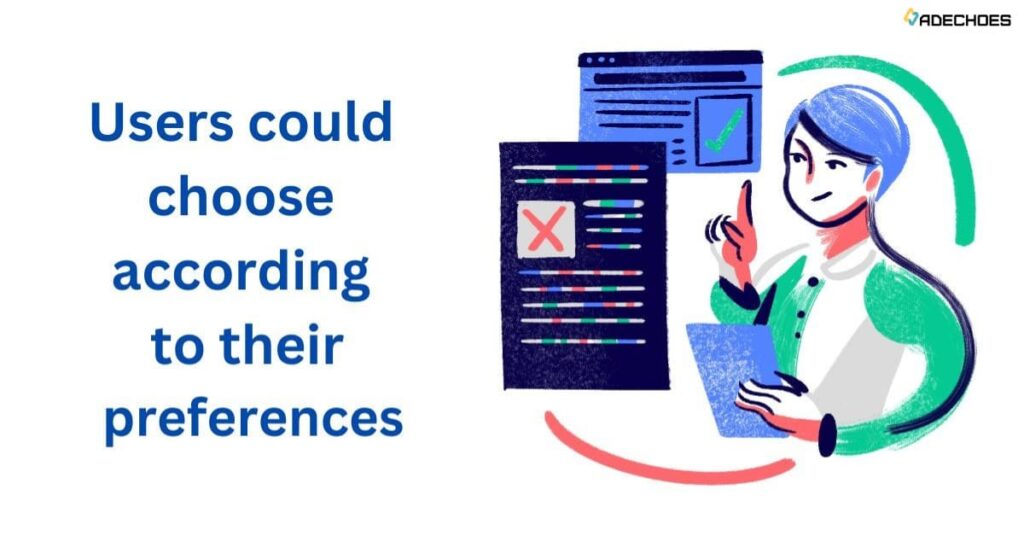In 2024, personalization in digital marketing has become more than just a trend—it’s a necessity. Consumers today expect tailored experiences, and businesses that deliver can see significant growth in engagement, loyalty, and sales. But what does personalization in digital marketing mean, and how can you ensure you’re doing it right? In this article, we’ll explore the best practices for leveraging personalization in 2024, ensuring your marketing strategy stays ahead of the curve.
In digital marketing, personalization creates experiences, products, and information specifically tailored to each customer based on their needs, interests, and behaviors. Instead of a one-size-fits-all approach, personalization creates a customized journey that resonates with each user.

Data is the backbone of personalization. But gathering data isn’t enough—you need to use it effectively. In 2024, businesses are focusing on data analytics to understand customer preferences and behaviors.
Artificial intelligence (AI) is revolutionizing personalization. AI tools analyze vast amounts of data to predict customer behavior and recommend relevant content or products.
Email marketing remains a powerful tool, and personalization can make it even more effective. In 2024, personalized email campaigns are all about relevance.
Track how users interact with your website, ads, and emails. Their behavior gives you clues about their preferences, allowing you to personalize their journey further.
With more users accessing content on mobile devices, personalizing the mobile experience is critical.
Social media platforms offer powerful targeting tools. In 2024, brands are diving deeper into social media data to create highly personalized ad experiences.
Content personalization isn’t just about products—it’s also about delivering the right content at the right time.
In 2024, customers expect immediate responses. Real-time personalization ensures users receive tailored messages or offers as they interact with your site or app.
Geo-targeting allows you to personalize content and offers based on a user’s location. This might work especially well for regional events or enterprises.
In 2024, data privacy concerns are more prominent than ever. Customers are becoming more aware of how their data is used, and transparency is key.
Personalization in digital marketing is essential for businesses looking to thrive in 2024. By leveraging data, AI, and customer behavior insights, companies can create more engaging and relevant experiences for their audience. However, personalization must be done responsibly, with a strong focus on privacy and data security.

Hello, from adechoes.in, your one-stop shop for anything related to digital marketing. Here, we’re passionate about using smart content and useful strategies to support businesses in their online initiatives.
Check out our blog for helpful information on tools, strategies, and trends in digital marketing. Are you prepared to develop your digital strategy? Speak with us right now to find out how we might work together on your upcoming project.
© 2023 – All Rights Reserved • Blog By Tisha

Hello, from adechoes.in, your one-stop shop for anything related to digital marketing. Here, we’re passionate about using smart content and useful strategies to support businesses in their online initiatives.
Check out our blog for helpful information on tools, strategies, and trends in digital marketing. Are you prepared to develop your digital strategy? Speak with us right now to find out how we might work together on your upcoming project.
© 2023 – All Rights Reserved • Blog By Tisha

Hello, from adechoes.in, your one-stop shop for anything related to digital marketing. Here, we’re passionate about using smart content and useful strategies to support businesses in their online initiatives.
Check out our blog for helpful information on tools, strategies, and trends in digital marketing. Are you prepared to develop your digital strategy? Speak with us right now to find out how we might work together on your upcoming project.
© 2023 – All Rights Reserved • Blog By Tisha